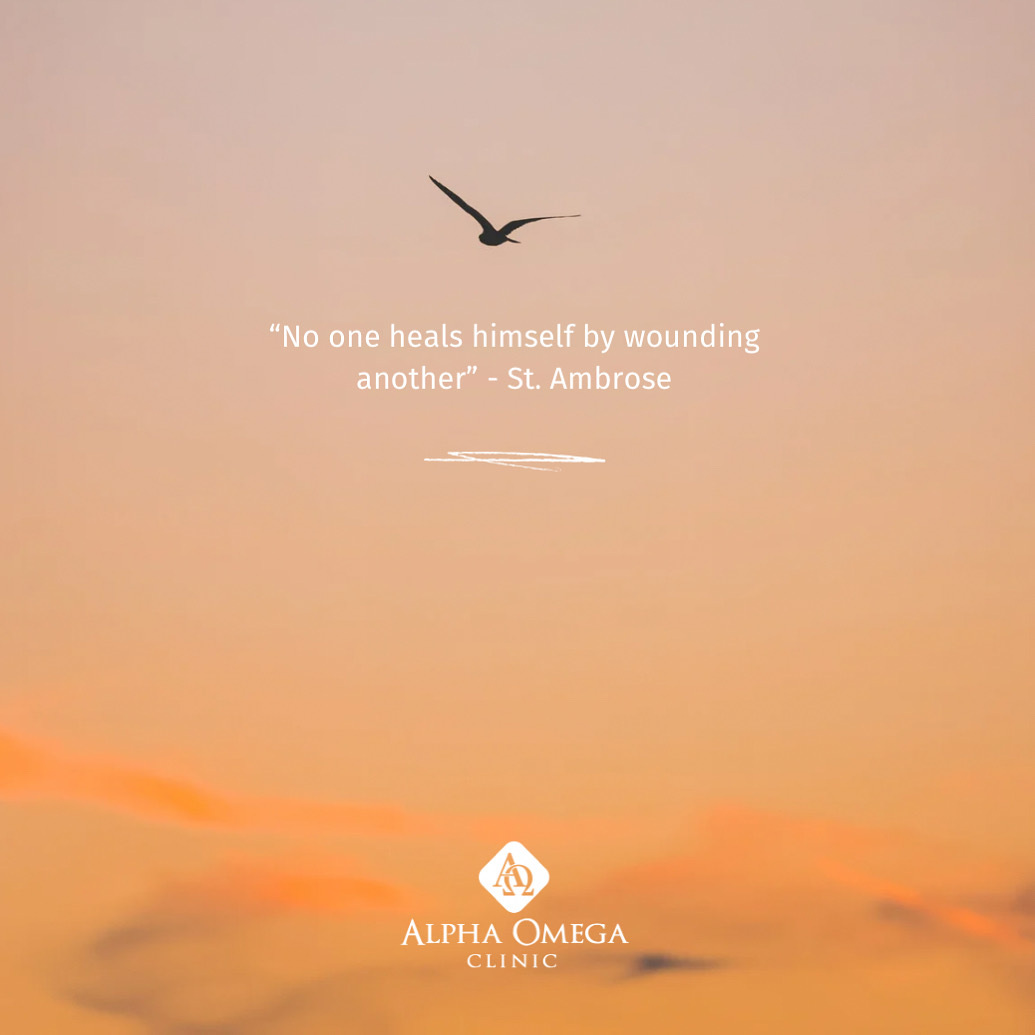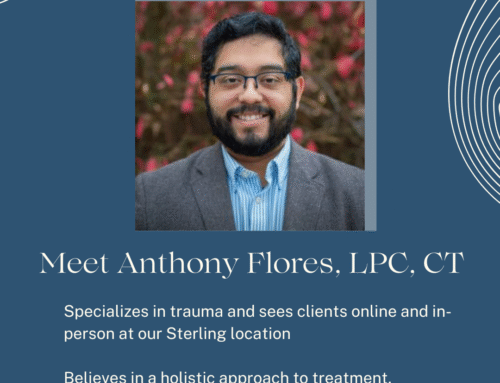This ancient truth resonates powerfully today—both in the therapy room and in the teachings of the Church.
When we are hurt, it’s natural to want to protect ourselves. Sometimes that protection takes the form of anger, withdrawal, criticism, or blame. But wounding others—intentionally or unconsciously—doesn’t bring healing. It may bring a momentary sense of power or control, but it distances us from the true source of restoration: love, grace, compassion, empathy and relational repair.
In psychotherapy, we learn that pain that is not processed gets passed on. Our unhealed wounds often show up in how we treat others: in reactive behaviors, harsh words, or emotional walls. But when we slow down and listen to what our pain is trying to tell us, we begin to heal. We learn to respond with curiosity rather than defense, compassion rather than control.
The Gospel also calls us to a radical kind of love—a love that seeks the good of the other, even when we ourselves are hurting. Jesus didn’t return wound for wound; He returned love for violence, forgiveness for betrayal. This isn’t about spiritual bypassing or ignoring injustice—it’s about choosing a path of healing that doesn’t depend on hurting others to feel whole.
Healing is not about being right. It’s about becoming whole.
It’s not about power over others, but peace within ourselves.
And that peace is born when we stop the cycle of pain and choose mercy instead.
May we remember:
You don’t have to hurt someone else to heal your own wounds. ❤️🩹
You are already held by a love greater than your pain. 🤲🏻 That’s where healing begins. ❤️🔥
Want more ways to receive this content? Follow us on Instagram or Facebook or subscribe to our e-newsletter.
Want to support our work? Visit aoclinic.org/donate
* The information provided is for self-enrichment and not intended to replace any necessary mental health treatment.
Warmly,
Jonathan Dixon, LMFT
Alpha Omega





